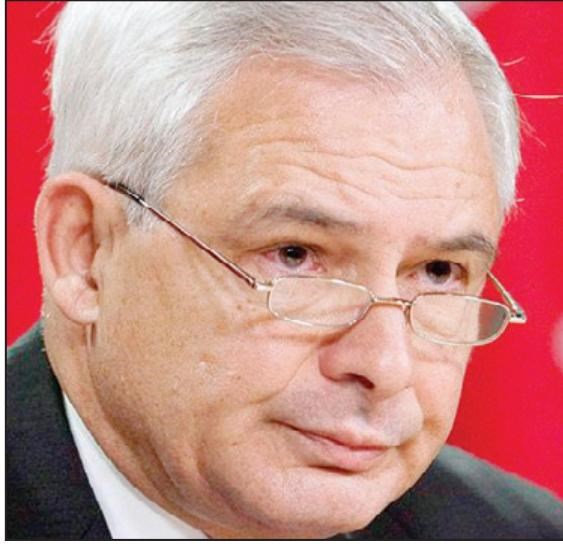The federal Opposition has accused the Harper government of obstructing the military ombudsman following reports that Pierre Daigle was stonewalled in his request to view cabinet documents during recent investigations.
NDP critic Matthew Kellway says Daigle is one of a growing list of watchdogs who are being prevented from doing their jobs.
The military ombudsman says he believes his mandate allows him to look at secret cabinet documents, as long as he doesn't report on their contents.
However, he was blocked when his staff asked for documents related to the inability of National Defence to deliver on a promise to increase dismemberment coverage for part-time soldiers.
Defence Minister Peter MacKay denied the ombudsman is being hindered and told the House of Commons that the department has an open and productive relationship with Daigle.
Former veterans ombudsman Pat Stogran ran into a similar fight with the Conservatives and obtained a legal opinion that said his mandate allowed him to look at secret documents, as long as they were used for context only.
MacKay says the government will continue to work with the ombudsman within the scope of his mandate and the law.
Daigle issued a report last week that detailed how only four out of 12 recommendations from a 2008 report by Daigle's predecessor on reserve soldiers had been implemented. Another six were still being organized, and two others had gone nowhere.
But MacKay insisted "progress has been made on 10 of the 12 recommendations."
Documents put before ministers and used as the basis of a policy decision are deemed secret. But as Stogran found out at Veterans Affairs, some departments stretch that definition to cover documents that might someday find their way into cabinet briefs.
The question of what the government considers secret in negotiations between the federal Treasury Board and National Defence over the dismemberment insurance for reservists remains unclear.



